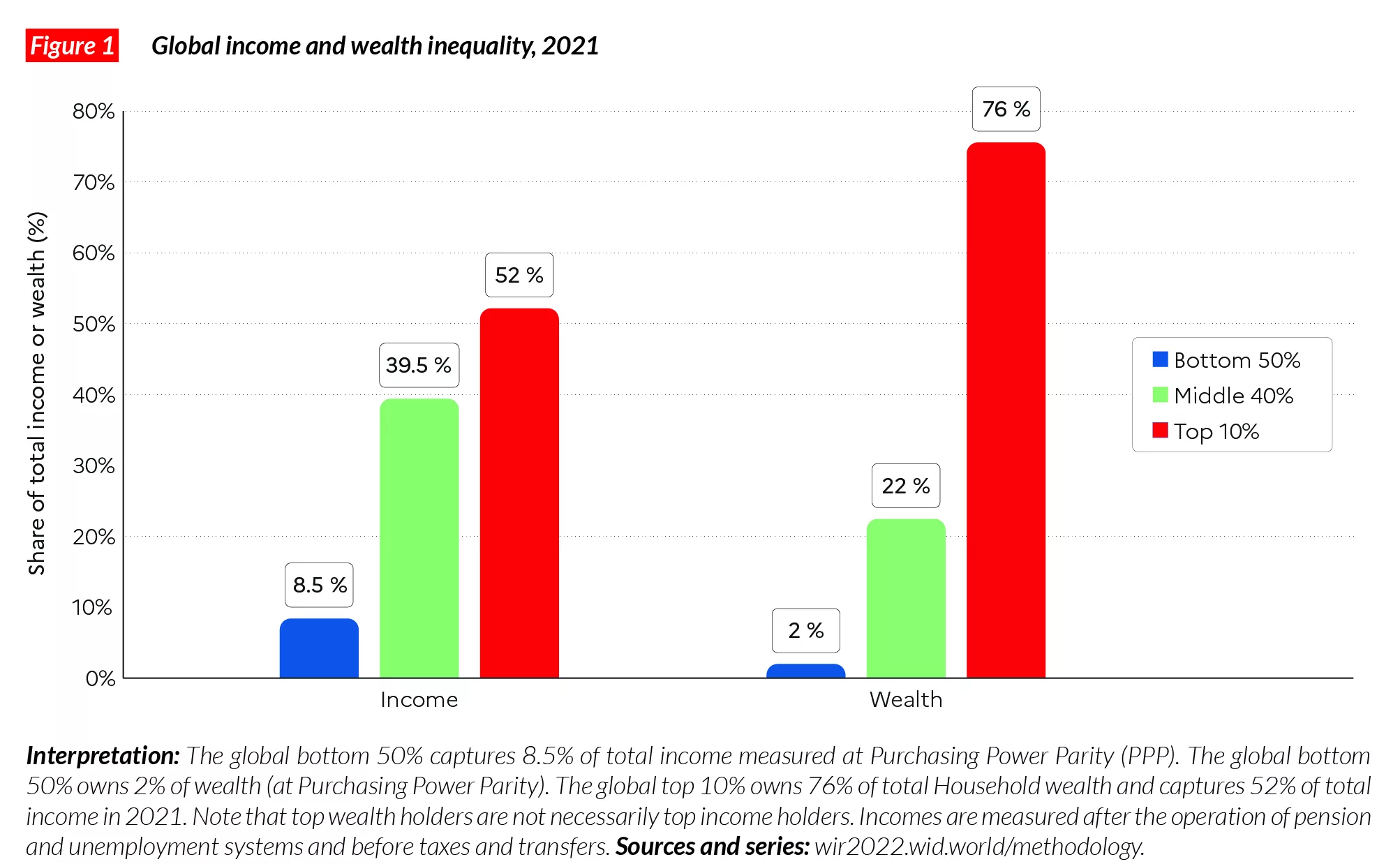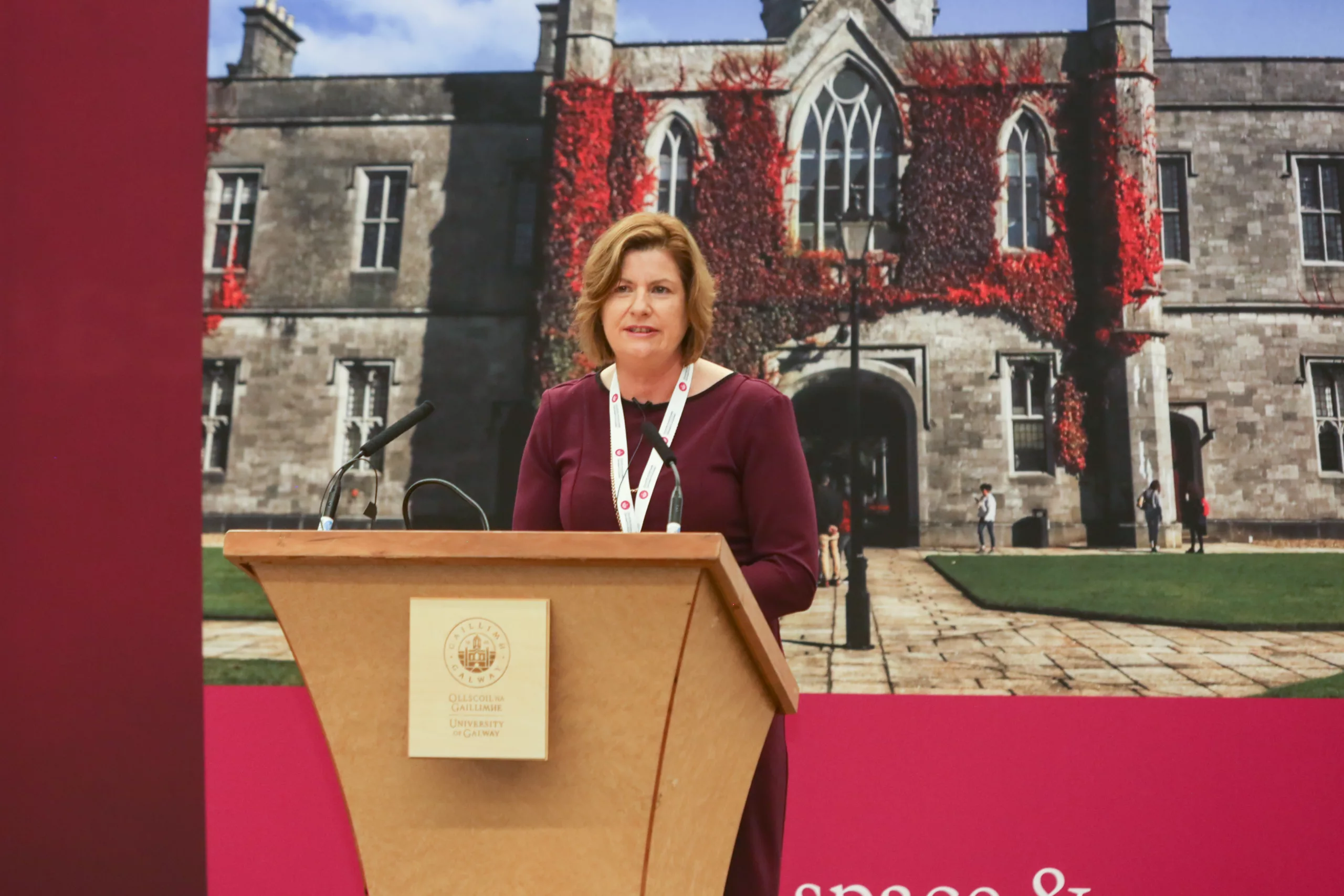
Which ‘genius day’ do you take off as part of your four-day week? Does your co-bot take milk in their coffee? Fancy a ‘match-making’ session for remote workers in your company retreat?
These are questions workers and workplace leaders face in the new world of work. Predictions about the future world of work range from organisational inertia to a complete robotic takeover. Assistant Professor Maeve O’Sullivan, Lecturer in Human Resource Management and Decent Work, unpacks some of the issues to be tackled as we contemplate this uncertain future.
Dolly Parton, singer and actor in the 1980s film 9 to 5 famously said “I always count my blessings more than I count my money. I don’t work for money. Never did.” That’s fine for multi-millionaire Dolly, but to what extent does pay motivate us? Expert opinion is divided. Previous studies suggest that performance-related pay is significant for the low-paid (Rynes et al, 2004). This is important as nearly half of Irish workers are three pay cheques away from falling into poverty with almost one in five workers being low-paid. On the flip-side, a 2010 meta-analysis by Timothy A. Judge and colleagues, suggests that the link between pay and job satisfaction is weak. In other words, money doesn’t buy employee happiness or engagement.
It’s not just about pay. Part-time work (performed mostly by young people, women and migrants), combined with low pay, increases the risk of in-work poverty. The good news is that personal taxation is minimal for low-paid workers. The bad news? Other living costs such as rent and childcare are among the highest in Europe.

Globally, recent decades have seen an increase in inequality. The richest 10% of the global population currently takes home 52% of the world’s income and owns 76% of all wealth. The poorest half earns just 8.5% and owns 2% of the global wealth.
COVID-19 had a traumatic and transformative effect on our world. Paradoxically, the pandemic made good jobs better and more valuable to the worker while making poor jobs worse, yet more valuable to society. Those who clean our medical facilities, feed and care for our elderly in nursing homes, collect our refuse and deliver vital medical and food supplies are some of our most precarious and lowest-paid workers with no option to work remotely.
Almost half (45%) of all Irish workers returning to employment post-pandemic changed jobs, with 69% of those also changing economic sector. This labour market upheaval is quite remarkable, pointing to a post-pandemic reassessment of why, how and where people work. Indeed, instead of the “great resignation” experienced by other countries, Ireland has seen more of a “great reshuffle”, felt in both high and low-paid employment.
All of this indicates a change in Irish workers’ idea of “decent work.” While previous definitions typically included fair wages, pension and healthcare cover, recent research suggests workers are reassessing their jobs and demanding more flexible and better-quality jobs where workers are appreciated, fairly compensated, have input into decisions affecting them, are properly supervised and have progression pathways.
HR professionals know that happy workers are productive. So, how do organisations motivate today’s workforce? Hybrid work has been touted as a key tool in attracting and retaining workers. Tracy Keogh, co-founder of Grow Remote, believes that location should never be a barrier to employment. Indeed findings from the University of Galway and the Western Development Commission’s 2022 National Remote Working Survey show that 95% of respondents believe working remotely makes life easier and 30% will change jobs – even if it means a pay cut – if their remote working preferences are not facilitated.
Despite the advantages of hybrid working for both employers and workers, concerns have been raised regarding the potential for long-term career damage, unfair treatment and unequal access to opportunities for remote workers. A recent global survey by consultancy firm Deloitte found that 58% of female hybrid workers felt excluded from access to leaders and key meetings. Faced with the majority of caring responsibilities, the exodus of women from the labour market during the pandemic was striking. Despite a partial reversal in 2022, during the first half of 2020 alone, more than 70,000 women left the Irish job market. Although there has been much focus in recent times on job quality and conditions when working remotely, only 40–60% of jobs can be performed remotely.

There’s also some evidence to suggest that employee mentoring, innovation and company culture may suffer if jobs are fully remote. Workers highlight face-to-face collaboration, socialising and better work-life balance as key benefits of in-office work, according to Nicholas Bloom, a Stanford University economist.
Benefits of hybrid and remote work include decreased commuting time and cost, reduced carbon footprint, higher retention rates and lower office rental costs. So, why are so many employers such as Amazon, Disney and Twitter pushing a return to the office? Disagreement over productivity, a lack of trust, the desire for management control, the accelerated pace of change and managing four generations of workers are some of the various challenges emerging from this new way of working. Regardless of the benefits and challenges, experts do agree on something – more flexible work models are here to stay!
Are there alternatives to the traditional work model? The four-day week offers an alternative to the traditional 40-hour week with mixed pilot study results. Based on the premise of the ‘100/100/80’ model, this way of working aims to deliver 100% productivity for 100% pay in 80% of working hours. Introduced as a pilot in 2019, Margaret Cox, Director of Galway-based recruitment firm ICE Group has highlighted the many benefits of giving hard-working employees a ‘genius day’ or three-day weekend, including increased productivity, greater motivation and retention of staff.
Looking at the bigger picture, post-pandemic, many people are reconsidering the necessity of engaging in paid work. Universal Basic Income (UBI) has been on the agenda for some time with pilot schemes run world-wide to varying degrees of success. Introduced last year, the new Basic Income for the Arts (BIA) pilot scheme for Ireland provides €325 per week to artists included in the three-year pilot programme. The pilot was significantly over-subscribed with over 9,000 applying for the 2,000 places on the scheme. Time will tell if this pilot proves effective.
Society needs to find a way of valuing all work to enable people to live, work and care differently. Increased life expectancy, combined with declining fertility rates, have resulted in an ageing population and workforce. Many sociologists have proposed alternatives to our liberal market economic model which would recognise unpaid carers in society, the majority of whom are women. We’re now seeing more proposals for schemes similar to UBI, such as universal basic services (free public services including health, education, housing, care and transport) combined with a participation income for societal contributions (voluntary work, caring or other work of societal value).
Exactly how these schemes would be financed is unclear but the conversation is evolving to consider why, where and how we work. The future of work train has left the station; it’s time for individuals, organisations, policy makers and society to get on board. And yes, Charlie the co-bot takes organic soya in their latte, but you’ll have to take my word for it.
Bibliography
Judge, T.A., Piccolo, R.F., Podsakoff, N.P., Shaw, J.C. and Rich, B.L., 2010. The relationship between pay and job satisfaction: A meta-analysis of the literature. Journal of vocational behavior, 77(2), pp.157-167.
Rynes, S.L., Gerhart, B. and Minette, K.A., 2004. The importance of pay in employee motivation: Discrepancies between what people say and what they do. Human Resource Management: Published in Cooperation with the School of Business Administration, The University of Michigan and in alliance with the Society of Human Resources Management, 43(4), pp.381-394.
Profiles

Maeve O'Sullivan is Assistant Professor/Lecturer in Human Resource Management and Decent Work at J.E. Cairnes School of Business & Economics, University of Galway, Ireland. Previously, Maeve was managing partner and held senior management and consultancy roles in both public and private sector organisations in Ireland, the UK and at the European Commission in Brussels. This experience has led to a wide range of research interests relating to the UN Sustainable Development Goals including labour market inequality, low-paid employment, access to decent work (part-time, precarious and gig economy work) and green HRM policies and practices.